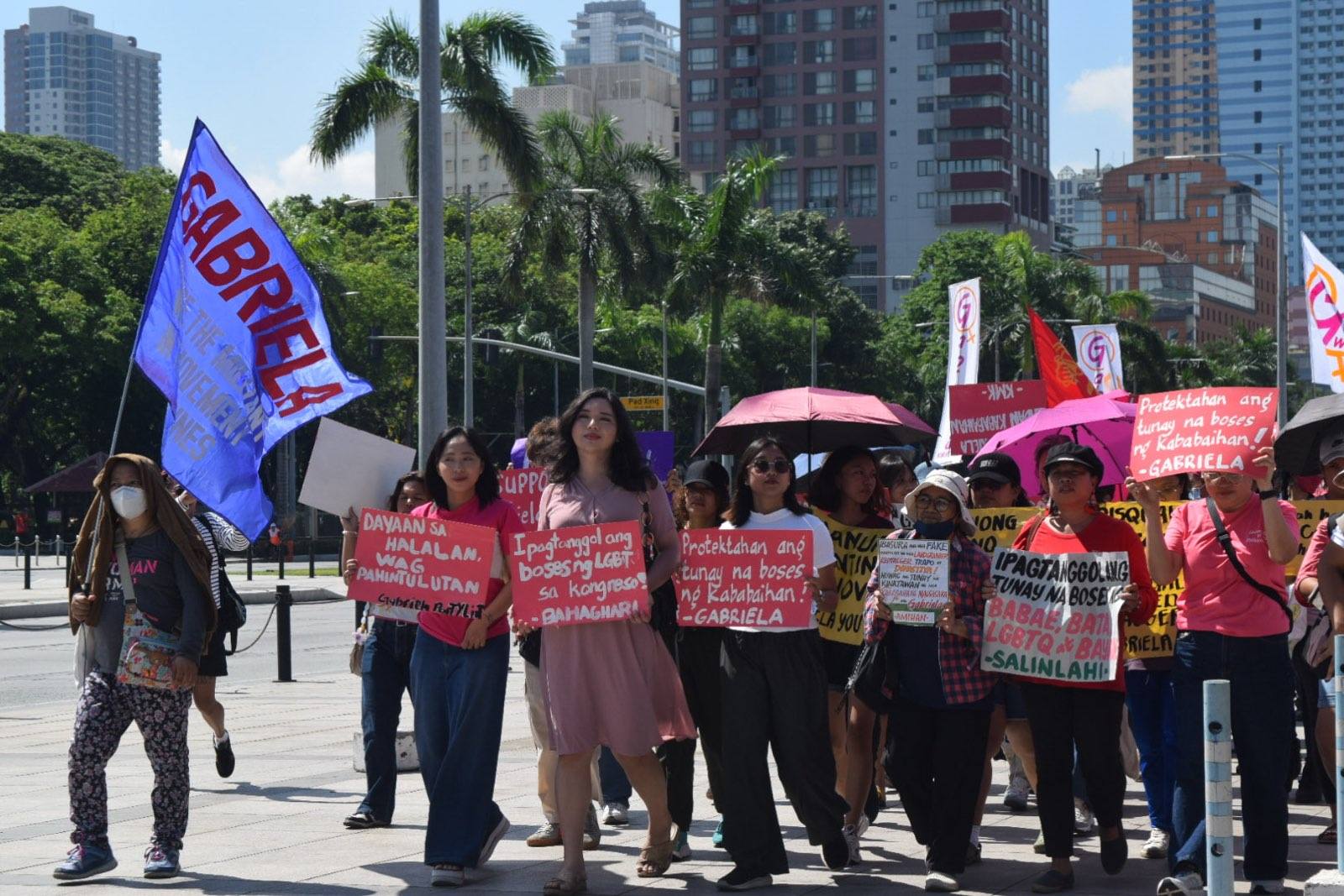Gabriela hails ‘landmark’ SC ruling on rape cases

Women’s group Gabriela on Thursday welcomed the Supreme Court ruling that genital contact is not a prerequisite to prove attempted rape. It said this “strengthens legal protections for women and children against sexual violence.”
“For too long, women and child victims have faced additional trauma and further revictimization when forced to prove physical contact in cases where the perpetrator’s intent to rape was clear but interrupted by circumstances or intervention,” said Clarice Palce, Gabriela secretary general, in a statement.
“Justice for women and children should not depend on these kinds of technicalities that further gives favor to the accused and the abusers,” she added.
Gabriela said the high court’s “landmark” decision was “a significant step forward in our justice system’s understanding of sexual violence.”
It pointed out that the Supreme Court had “correctly” recognized that the crime of attempted rape was already committed when a suspect performs “overt acts showing intent to have carnal knowledge of the victim,” with or without genital contact.
January 2013 case
The high court’s ruling stemmed from a case in January 2013 where a father allegedly raped his daughter and made another attempt later. The Regional Trial Court (RTC) and the Court of Appeals (CA) convicted the father of one count of rape and one count of unjust vexation, but not attempted rape.
By reversing the previous rulings of the RTC and CA, Gabriela said the high court affirmed that the suspect’s actions, which included removing the victim’s underwear and positioning himself to commit the act, had “constituted clear steps toward rape.”
“This interpretation aligns with the Anti-Rape Law of 1997 (Republic Act No. 8353) and Anti-Violence Against Women and Their Children Act (RA 9262), which Gabriela has long advocated for,” it said.
Gabriela said it hopes that the decision would encourage more victims of sexual violence to speak out and “fight for justice.”
It also urged law enforcement and judicial officials to follow the ruling of the high court.
As the group welcomed the Court’s “legal clarification,” Gabriela said it would also continue to “call for more comprehensive and stronger implementation of laws concerning violence against women.”
“We demand expedited legal processes, victim-centered handling of cases and more accessible institutional support services for survivors of violence seeking justice, which remain lacking in our current system and contribute to increasing incidents and widespread impunity in cases of sexual violence,” Palce said.

















